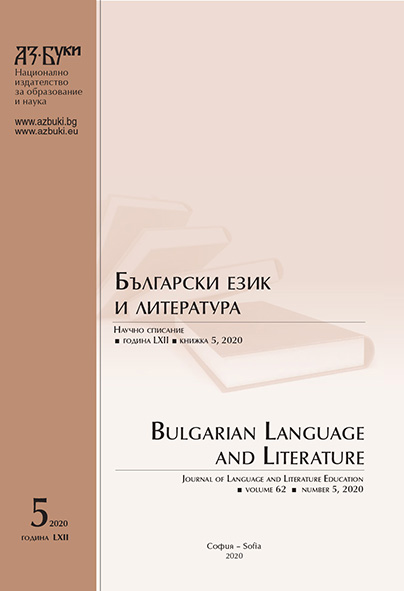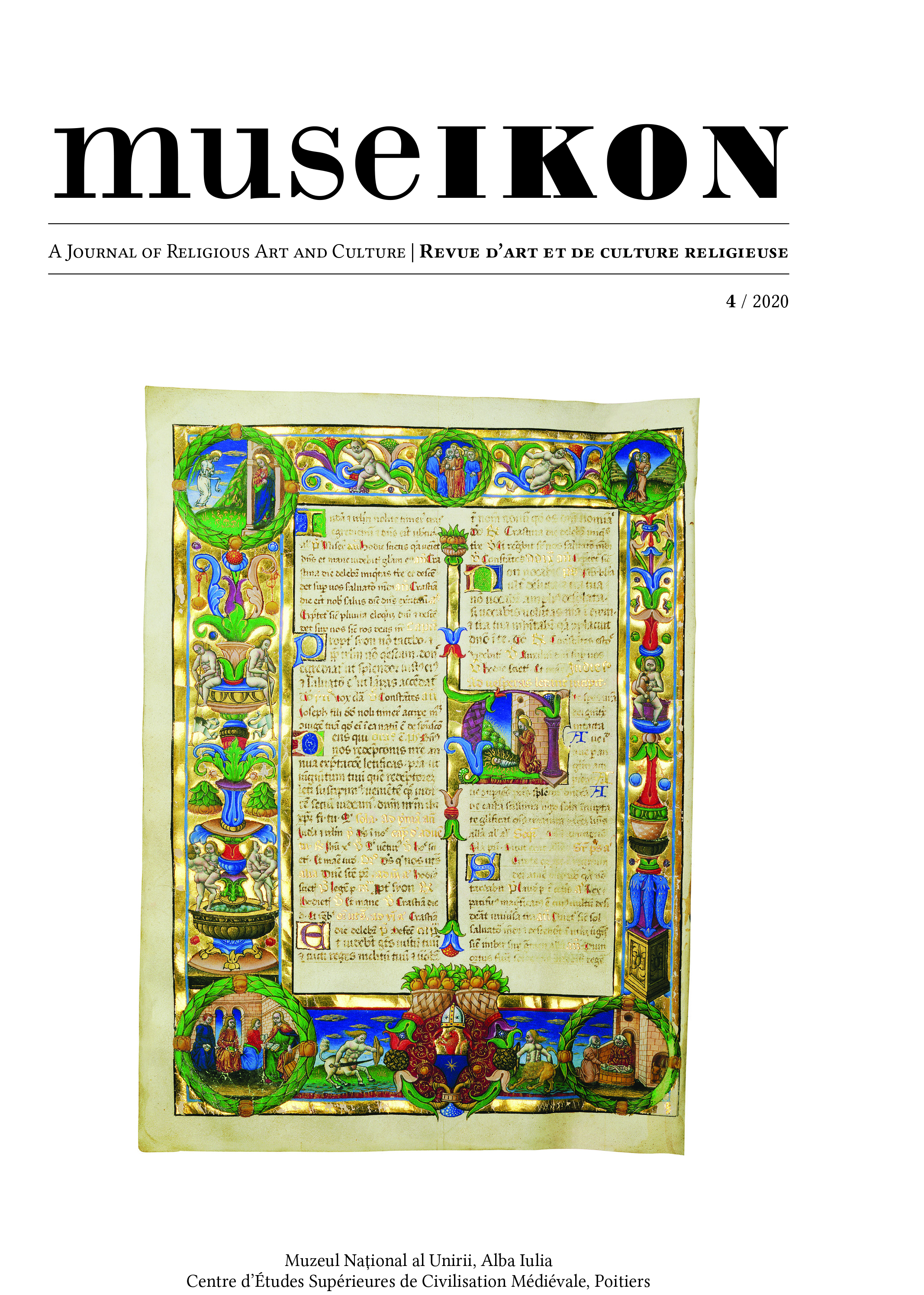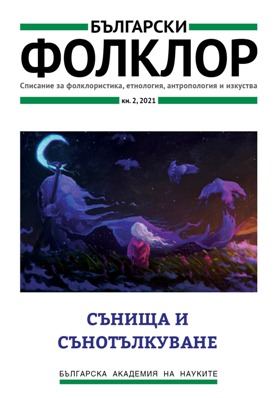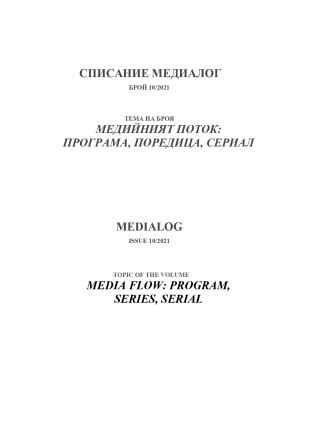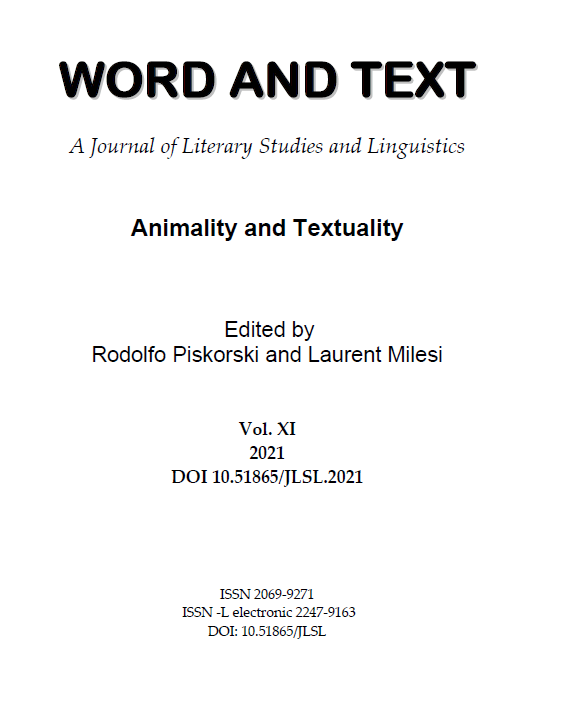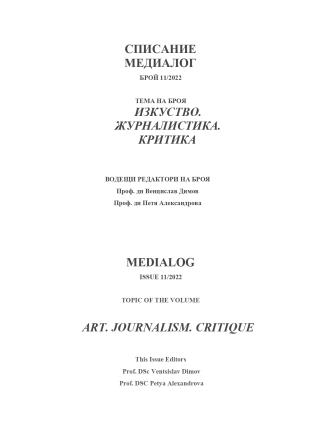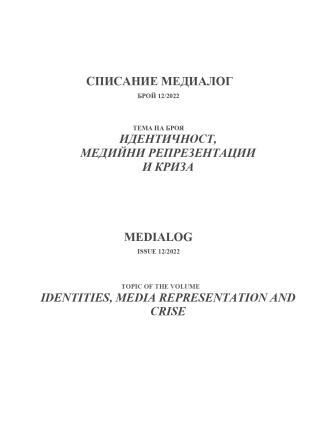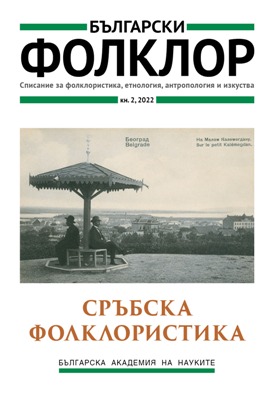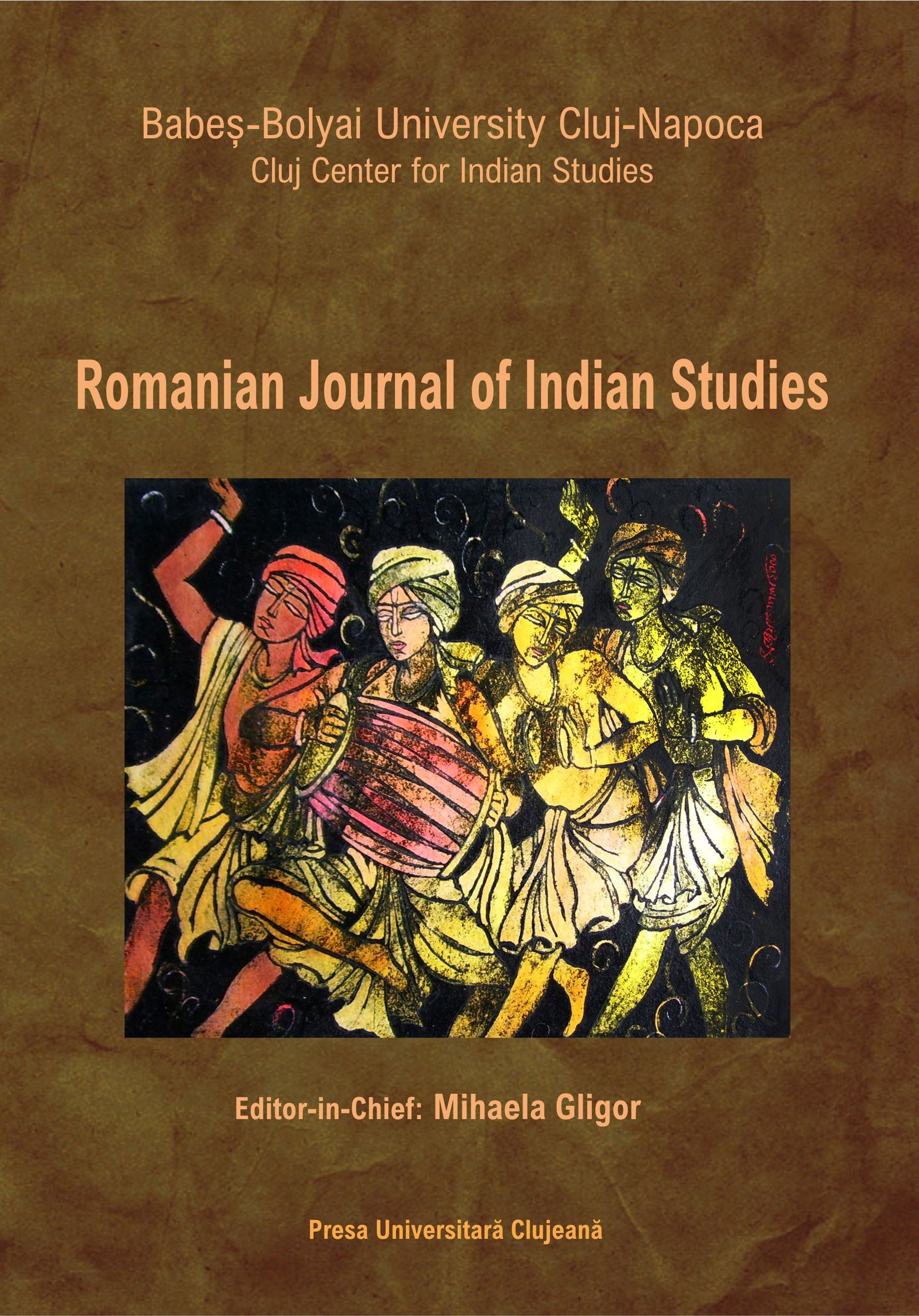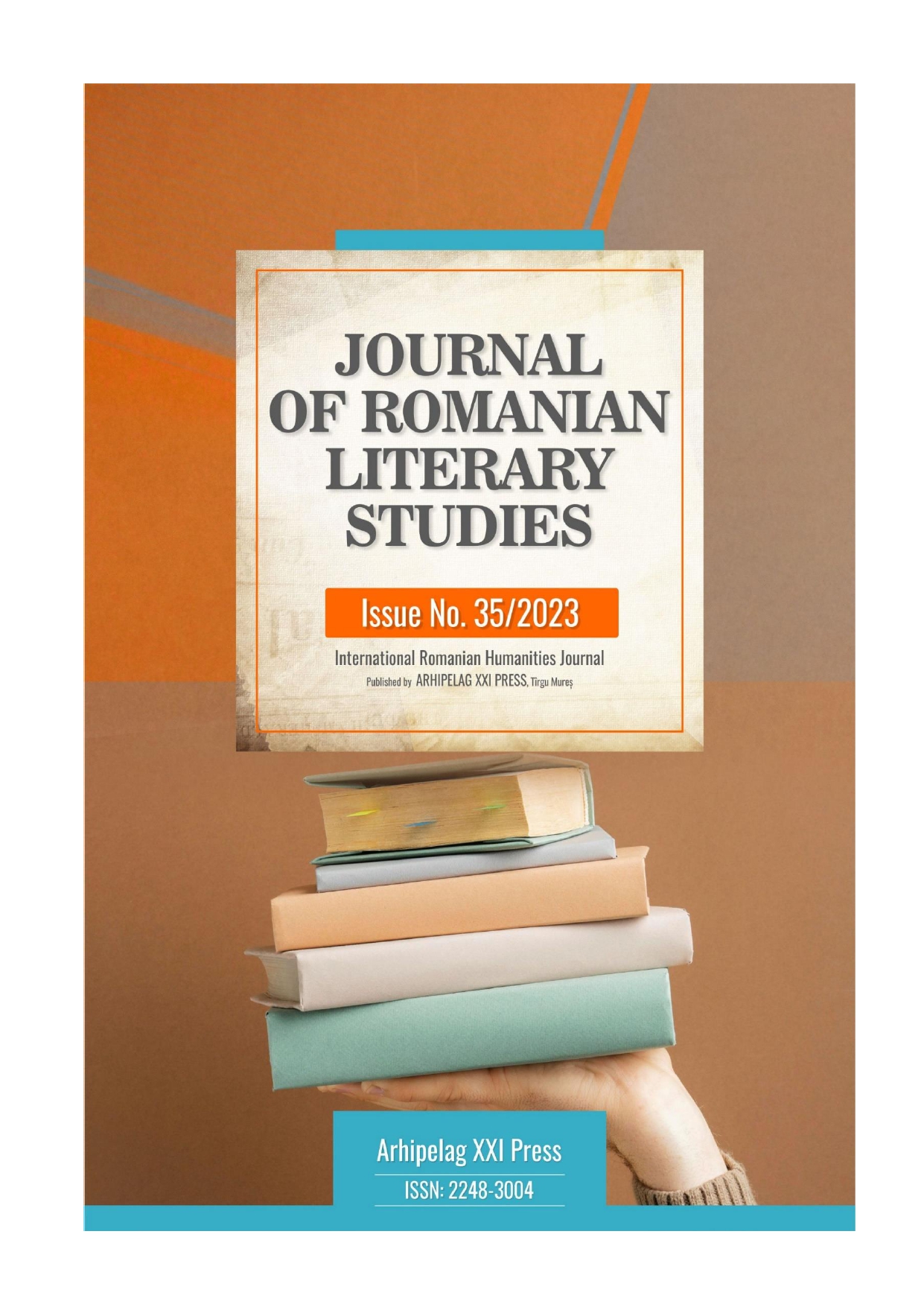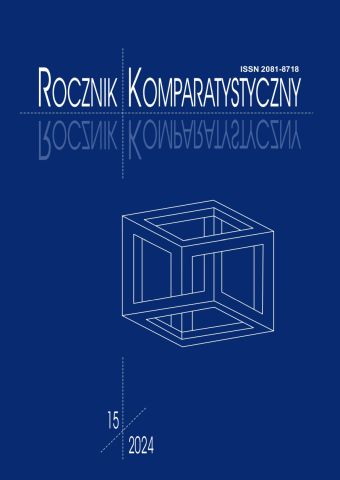Author(s): Vivianne Urziceanu / Language(s): Romanian
Issue: 35/2023
A complex phenomenon, the suicidal instinct is a challenging issue to discuss overtly. From a psychiatric perspective, in order to experience suicidal thoughts, one must also have underlying mental health conditions, a family history of suicide, suffer substance abuse, or encounter stressful life events resulting in trauma. As Shelly Kagan asserts in his book ”Death”, the act of contemplating suicide is, in general, considered evidence of being psychotic. Despite its devastating consequences, suicide ideation is particularly thought-provoking when observed through a philosophical lens. For this reason, Kagan takes this subject matter a step further and discusses if, when, and under which circumstances suicide could be an appropriate and justified thing to do. It is through literature that one may live multiple lives if one is not satisfied with one's own life. The only tools which are required are a narrative pattern, imagination, and reading skills. Imagine being a writer. You need not live vicariously through others. You can create your own story and dive right into it. You may shape whatever life you crave, thus waving goodbye to any suicidal feelings. As a writer, you would possess the ultimate weapon to do just that. But imagined life will never surpass actual life. Suicidal thoughts may haunt a writer's mind as well, and, as a matter of fact, they sometimes prevail. Therefore, my study explores the way in which particular word patterns, narrative structures and so on can expose the suicidal instinct which lingers in the writer's mind. Ultimately, my study aims to reveal the manner in which literature sheds light on its creator’s inner nature.
More...

